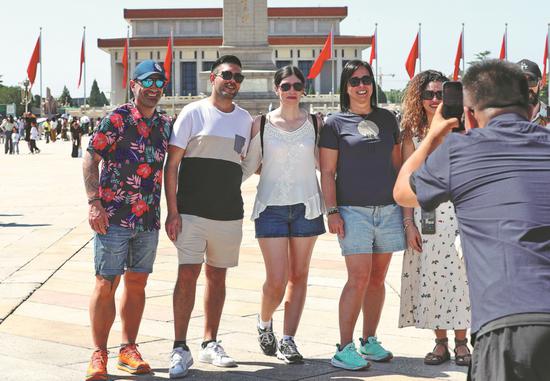
Foreign visitors pose for a photo at Tian'anmen Square in Beijing on June 1. With ongoing adjustments of visa policies, the number of inbound passengers has increased sharply. (Photo provided to China Daily)
China's optimized visa-free policy, together with several other measures aimed at enhancing international exchanges, has substantially increased the number of foreign travelers arriving in Beijing.
In the first half of the year, the number of foreign visitors entering the Chinese capital reached 1.02 million, a year-on-year increase of 257 percent, according to data from the Beijing General Station of Exit and Entry Frontier Inspection.
By last month, China had reached agreements or made arrangements to simplify visa procedures with over 40 countries and achieved comprehensive mutual visa exemption with more than 20.
Travelers with ordinary passports from New Zealand, Australia and Poland are among the latest beneficiaries of China's optimized visa-free policy.
In an arrangement that took effect on Monday and will continue till the end of next year, people from the three countries can enjoy visa-free stays of up to 15 days in China for business, tourism, family visits or transit purposes.
Previously, China had extended visa exemptions to 12 countries in two rounds — first to ordinary passport holders in France, Germany, Italy, the Netherlands, Spain and Malaysia in December, and then to those in Switzerland, Ireland, Hungary, Austria, Belgium and Luxembourg in March.
A Dutch traveler in Beijing, who only gave his name as Teun, said the new policy had made visiting China very convenient for foreigners.
"The visa-free policy is just great! It makes one's trip nice in many ways," he said, adding that one of the many things he loves about Beijing is its public transportation system. "It is so easy to get anywhere you want."
Lyu Naipeng, deputy director of the border inspection office of the Beijing General Station of Exit and Entry Frontier Inspection, said China is making concerted efforts to attract more foreigners for the purposes of business, education and tourism.
"We have helped 14 airlines implement the usage of electronic boarding passes, allowing travelers to go paperless," Lyu said. "We expect the total number of inbound and outbound travelers passing through Beijing's ports to increase."
Over 159,000 foreign nationals from the 12 visa-exempt countries have entered the city under China's visa-free policy this year, according to the Beijing exit and entry authority.
The border inspection office is helping local travel agencies organize international group tours more efficiently. In the first half of the year, over 30,000 foreign visitors came to Beijing as part of such tours, a 30-fold increase compared with the same period last year.
Also during that period, 33,700 eligible foreign inbound travelers capitalized on China's 144-hour visa-free transit policy, a sevenfold increase year-on-year, according to the Beijing exit and entry authority.
A British tourist identifying herself as Daisy, who is traveling with Teun, said she took advantage of the 144-hour policy for their trip to Beijing.
She said she hopes China's visa-free policy will be extended to visitors from the United Kingdom.
"It would allow me to visit more cities in China," she added, as the 144-hour policy restricts travelers to specific areas in the country.
Kelvin Ramirez, a professor in his 40s from Florida in the United States, who visited the Forbidden City on Wednesday during his first trip to China, described his experiences in Beijing as "amazing".
"I used Alipay … China's mobile and online payment service during my trip, and it is so convenient," he said.








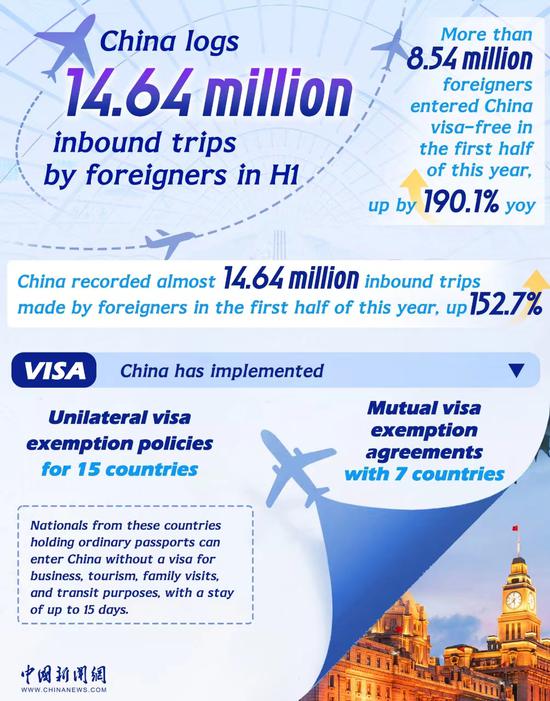
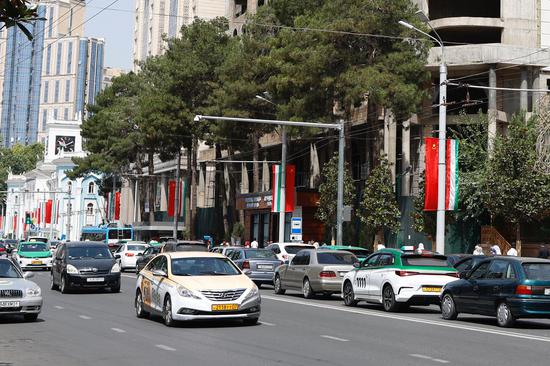

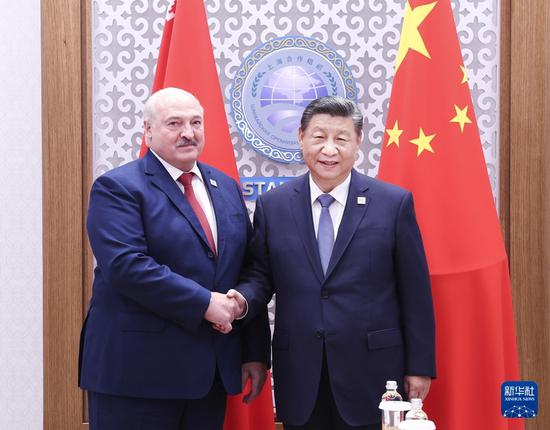
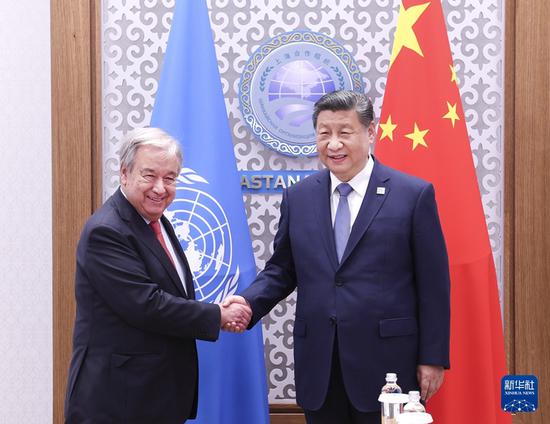
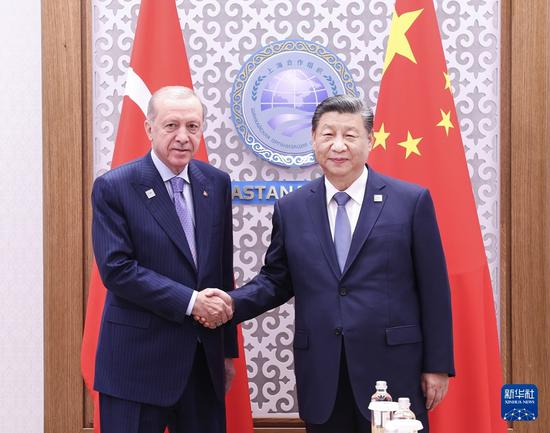
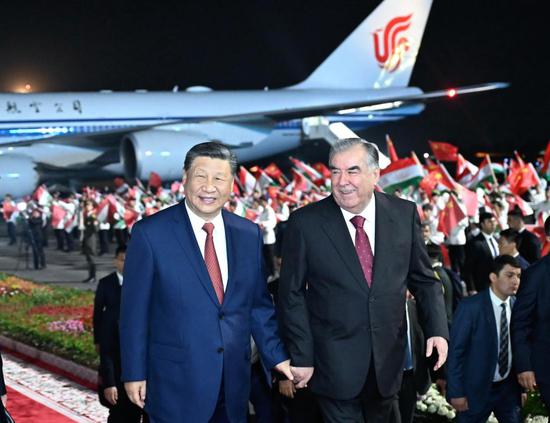
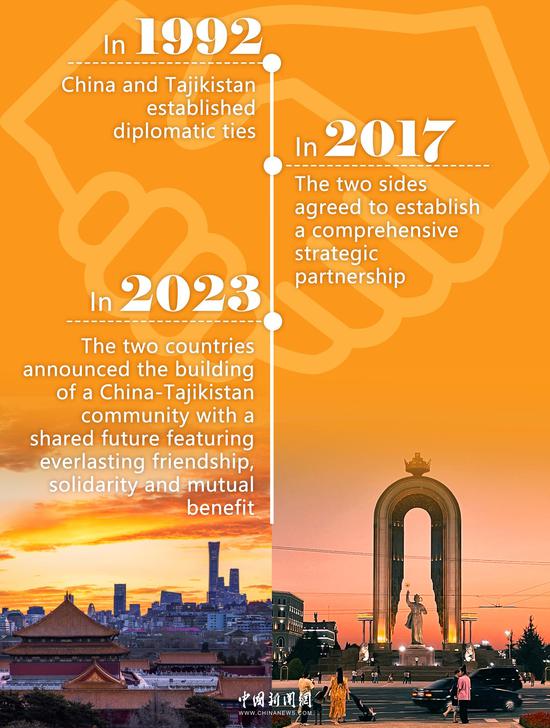
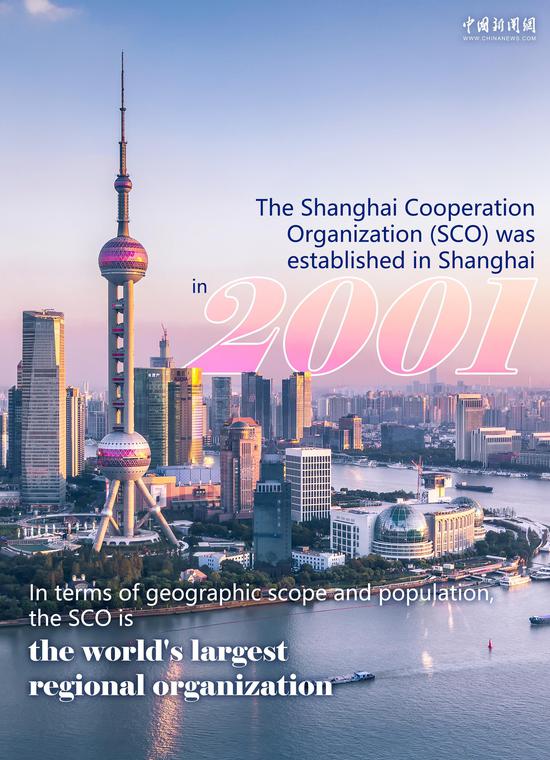
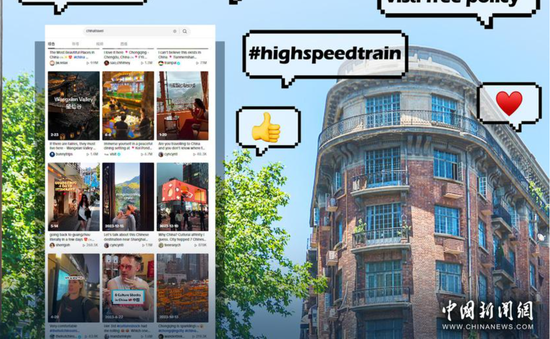
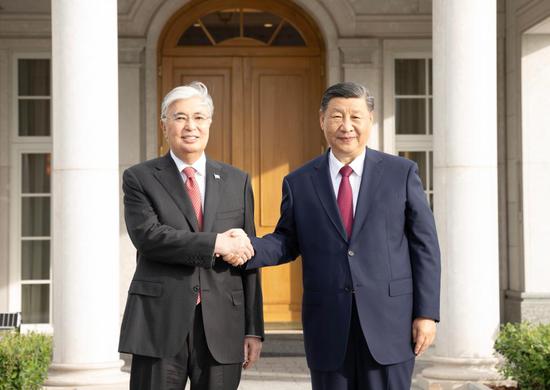
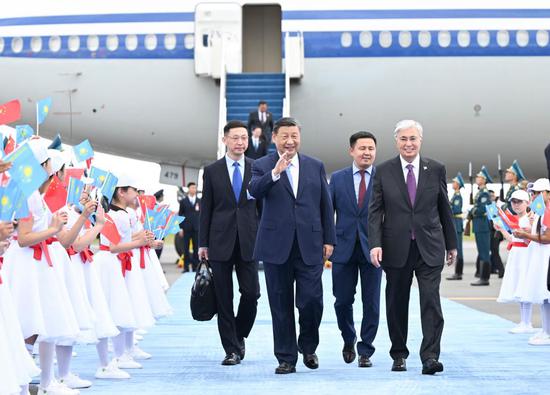

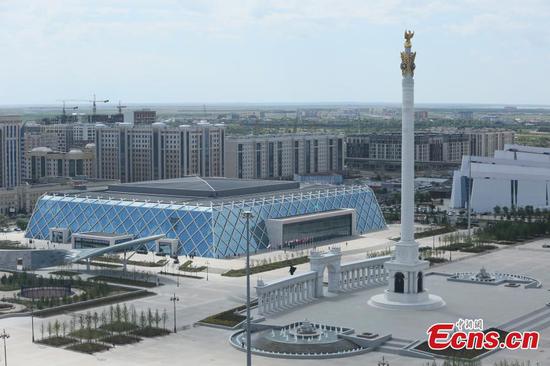
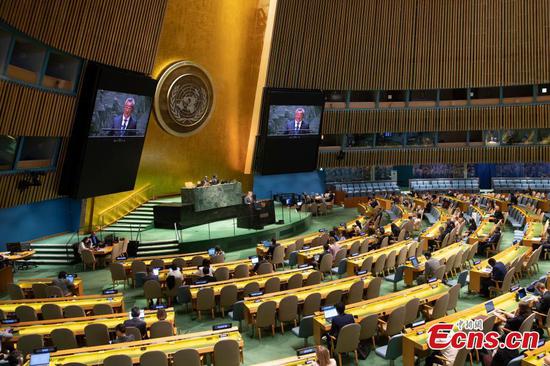


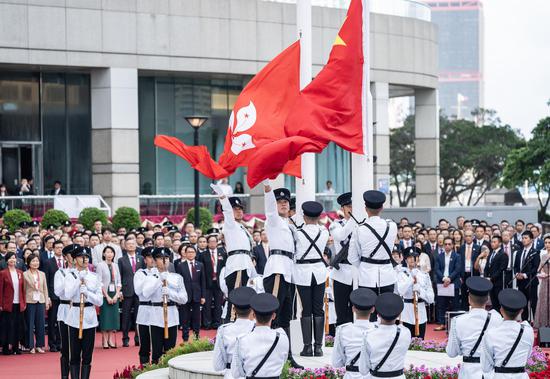


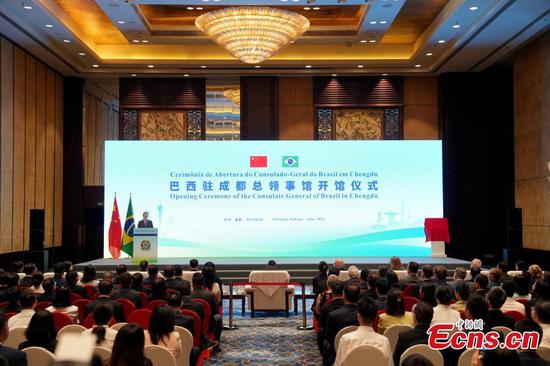

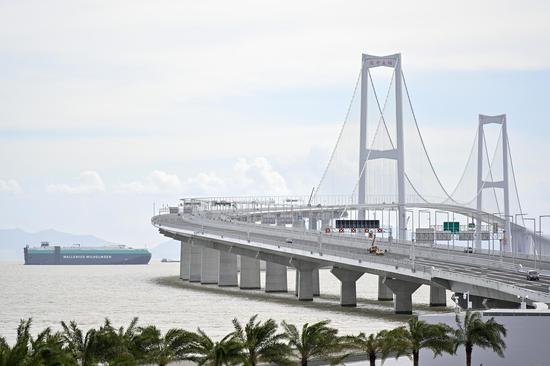

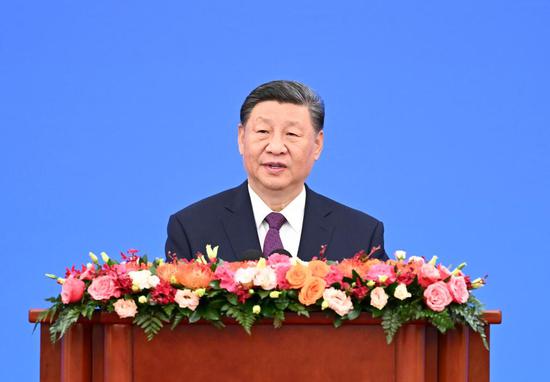
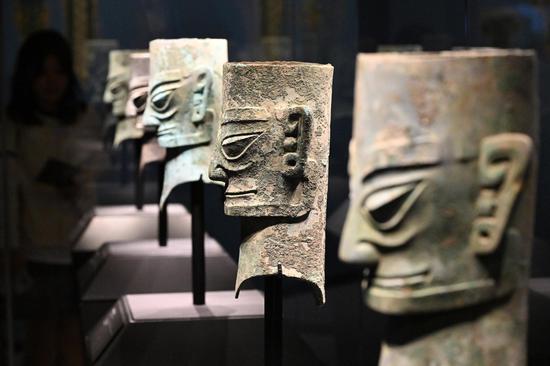
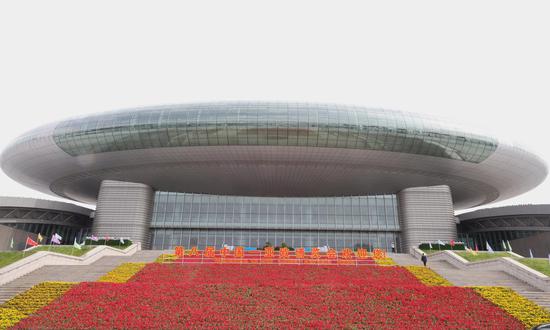

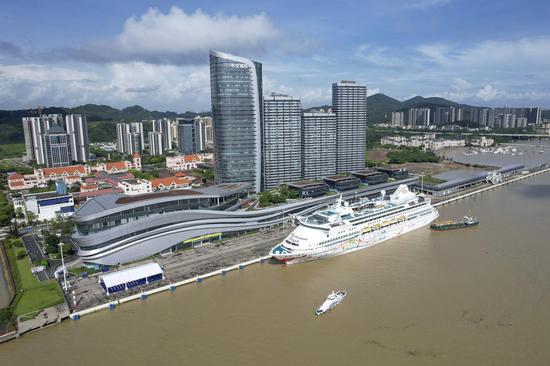
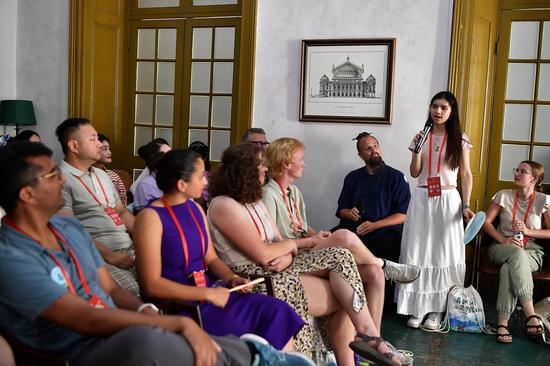

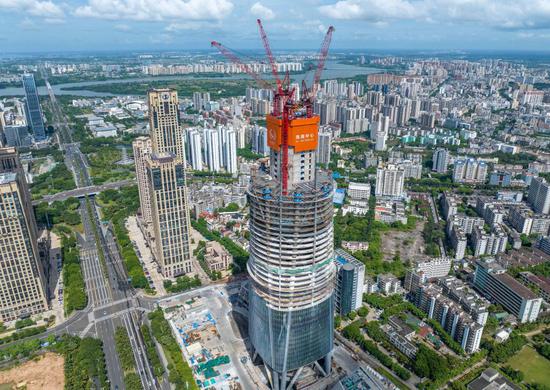



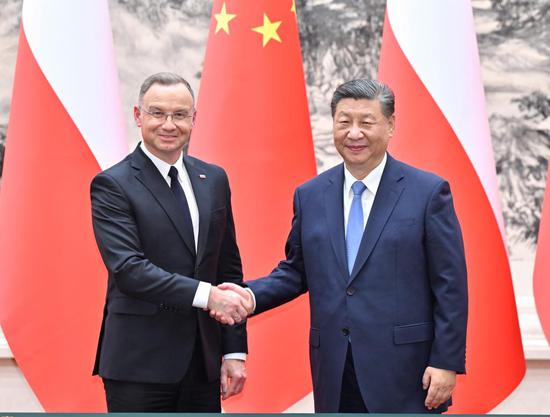
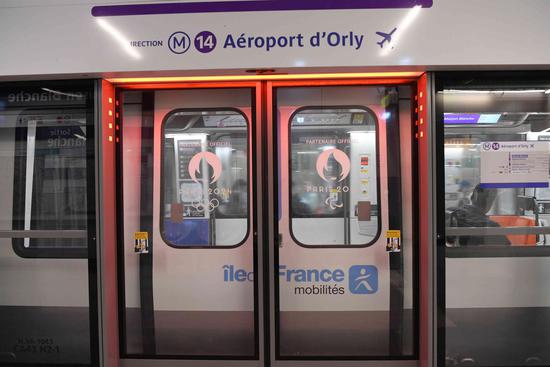





 京公网安备 11010202009201号
京公网安备 11010202009201号